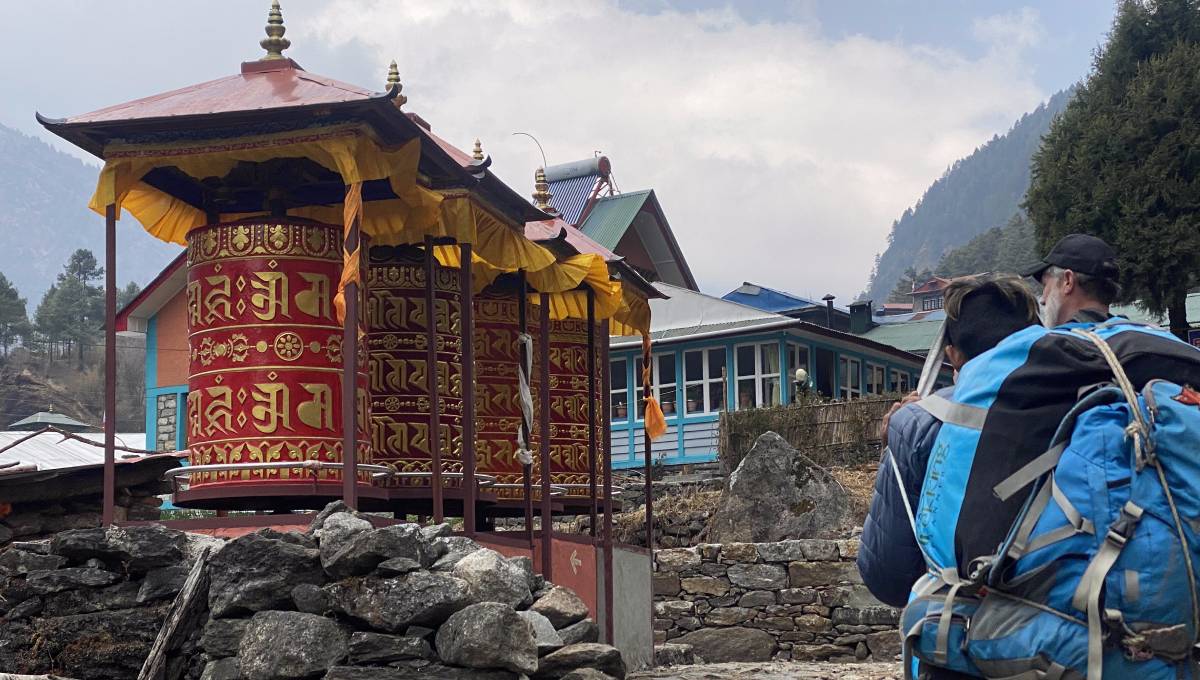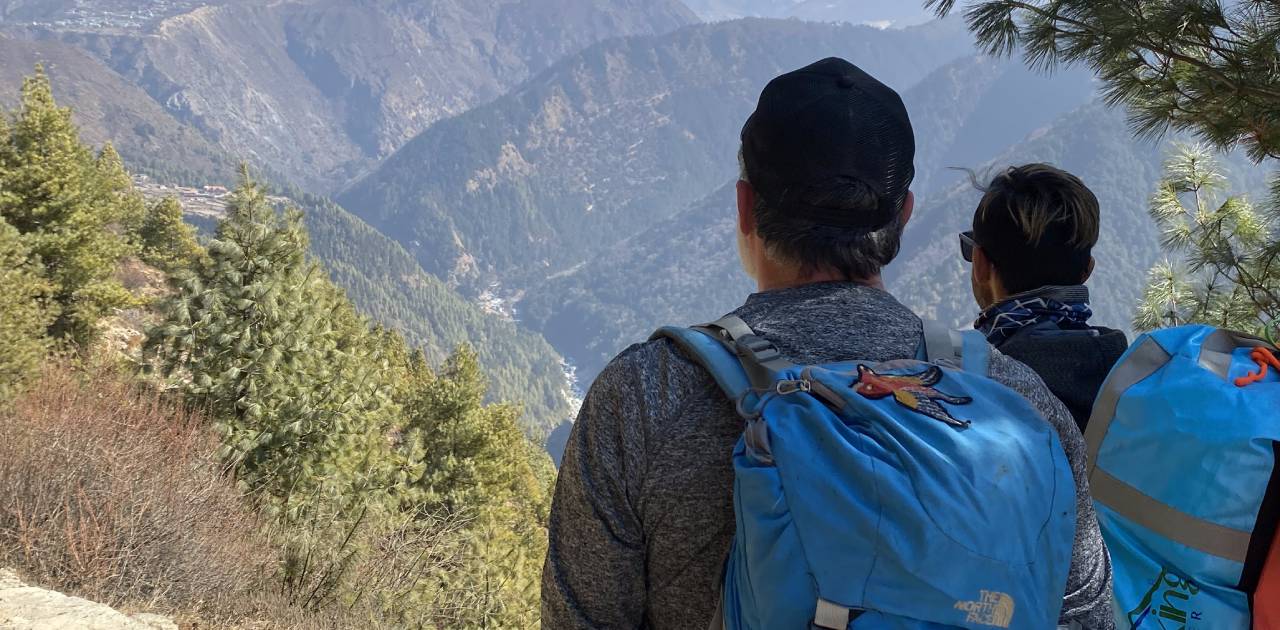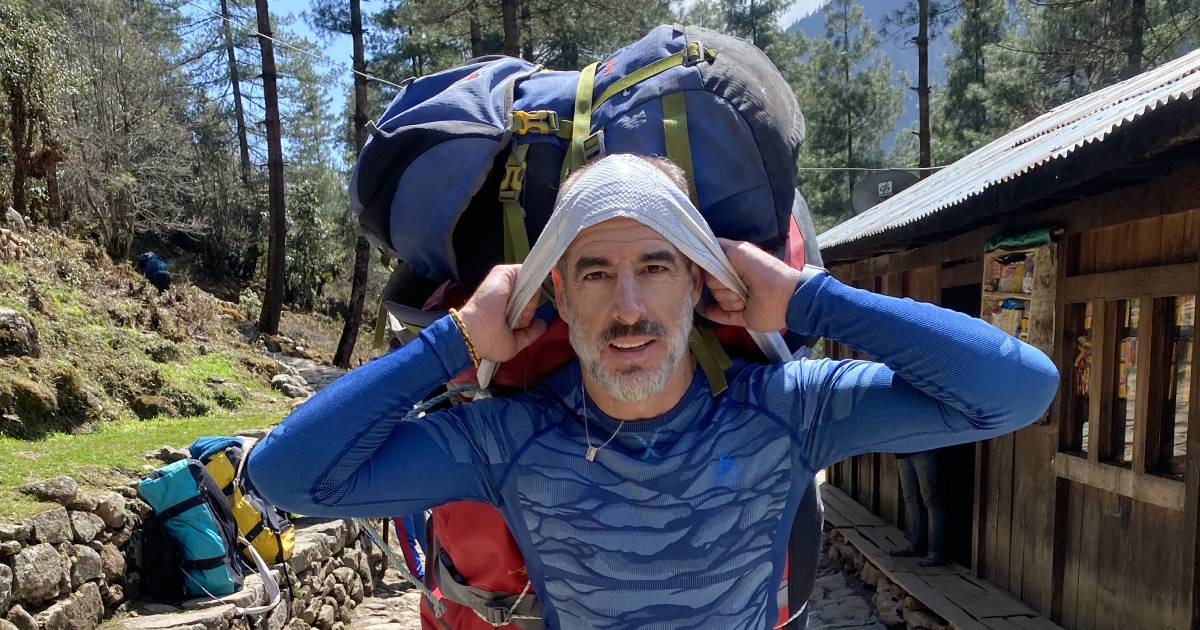How to Treat Trekking Guides, Porters, Sherpas, Drivers, and Office Representatives.
Treating people in the trekking industry with respect and kindness is essential for a successful and enjoyable trip. This ultimate guide provides tips on how to treat guides, porters, sherpas, drivers, and office representatives.
When embarking on a trekking adventure, it's important to remember that the people working in the trekking industry are there to help make your trip a success. Treating them with respect and kindness not only ensures a positive experience for everyone involved but also helps to support the local community. Here are some tips on how to treat guides, porters, sherpas, drivers, and office representatives with the respect they deserve.

Understand the Roles and Responsibilities of Each Person.
Before embarking on your trekking adventure, take the time to understand the roles and responsibilities of each person in the Trekking Agency. Guides are responsible for leading the trek and ensuring the safety of the group. Porters carry the group's equipment and supplies. Sherpas are experienced climbers who assist with technical aspects of the trek. Drivers transport the group to and from the trekking location. Office representatives handle logistics and communication. Understanding each person's role and responsibilities can help you appreciate their contributions and treat them with respect.
Communicate Clearly and Respectfully.
Clear and respectful communication is key when interacting with people at trekking agencies. Make sure to listen actively and ask questions if you don't understand something. Use polite language and avoid using offensive or derogatory terms. Remember that English may not be their first language, so speak slowly and clearly. If there are any issues or concerns, address them calmly and respectfully. By communicating effectively, you can build positive relationships with the people at the trekking agency and have a more enjoyable trip.
Show Appreciation and Gratitude.
It's important to show appreciation and gratitude towards the people in the Trekking Planner Nepal who are helping you have a successful trip. This can be done in many ways, such as by thanking them for their hard work, offering to help with tasks, or even bringing small gifts like snacks or souvenirs from your home country. Remember that these people are working hard to make your trip enjoyable, so showing appreciation can go a long way in building positive relationships.

Consider Tipping the Staff who are Providing you with Service.
- Consider the service provided: If you feel that a staff member has gone above and beyond to provide exceptional service, you may want to consider tipping them as a gesture of appreciation. This might include porters who carry your bags, guides who provide information and support on your trek, or cooks who prepare your meals.
- Tipping Discreetly: Tipping is a personal gesture, so it's important to be discreet and respectful when doing so. You may want to hand the tip directly to the staff member or place it in an envelope and leave it in a designated area.
- Be consistent: If you do decide to tip, it's important to be consistent and fair in your approach. This might mean tipping all staff members equally or basing your tip on the level of service provided.
Be Mindful of Cultural Differences.
When interacting with people in the trekking industry, it's important to be aware of cultural differences and show respect for local customs and traditions. This can include things like dressing modestly, removing your shoes before entering a home or temple, and avoiding certain topics of conversation that may be considered taboo. Taking the time to learn about local customs and showing respect for them can help build positive relationships and make your trip more enjoyable for everyone involved.
Follow Ethical and Sustainable Practices.
When choosing a Trekking Planner Nepal as a travel companion, it's important to consider their ethical and sustainable practices. Look for the well-being and fair treatment of their guides, porters, and other staff members. This can include providing fair wages, proper equipment and training, and safe working conditions. Additionally, practice environmental sustainability by practicing Leave No Trace Principles and minimizing their impact on the natural environment. By supporting ethical and sustainable trekking in Nepal, your travel companion helps promote responsible tourism and makes a positive impact on the local community and environment.
Listen Actively to the Guides, Porters, Drivers, and Office Representatives.
When interacting with people, it's important to give them your full attention and show that you're interested in what they have to say. This means maintaining eye contact, avoiding distractions like phones or computers, and responding to their questions or concerns in a thoughtful way. Active listening can help build trust and rapport with guides and ensure that the client's needs are met effectively.
Be Respectful to the People who are Providing you with Information and Services.
Treating people with respect means acknowledging their dignity and worth as individuals, regardless of their background, culture, or beliefs. This includes using appropriate language and avoiding derogatory or discriminatory comments or behaviors. It also means being sensitive to people's feelings and perspectives and making an effort to understand their unique needs and preferences.

Be Patient. Sometimes all We Need is Just a Little Patience.
When working with guides who are new to the system and have little experience, it's important to be patient and provide guidance and support where needed. This might involve explaining basic concepts, answering questions, or offering practical advice on gear or routes. Being patient and supportive can help guides feel more confident and empowered in their trekking journey.
Be Honest about our Physical Conditions and Mental State.
Honesty is essential when it comes to safety and logistics in trekking. If you're unsure about something or need to communicate important information, it's important to be transparent and clear with your guides. This might mean admitting when you don't know the answer to a question or explaining potential risks or challenges that they may face on their trek. By being honest, you can help people make informed decisions and avoid unnecessary risks.
Show Empathy.
Trekking can be physically and mentally demanding, and guides and porters may even experience a range of emotions throughout their journey. Showing empathy means being attuned to people's feelings and needs and responding in a caring and supportive way. This might involve offering words of encouragement, providing practical support, or simply listening and acknowledging people's experiences. By showing empathy, you can help guides and porters feel understood and valued and create a positive and inclusive environment in the Trekking Agency.





